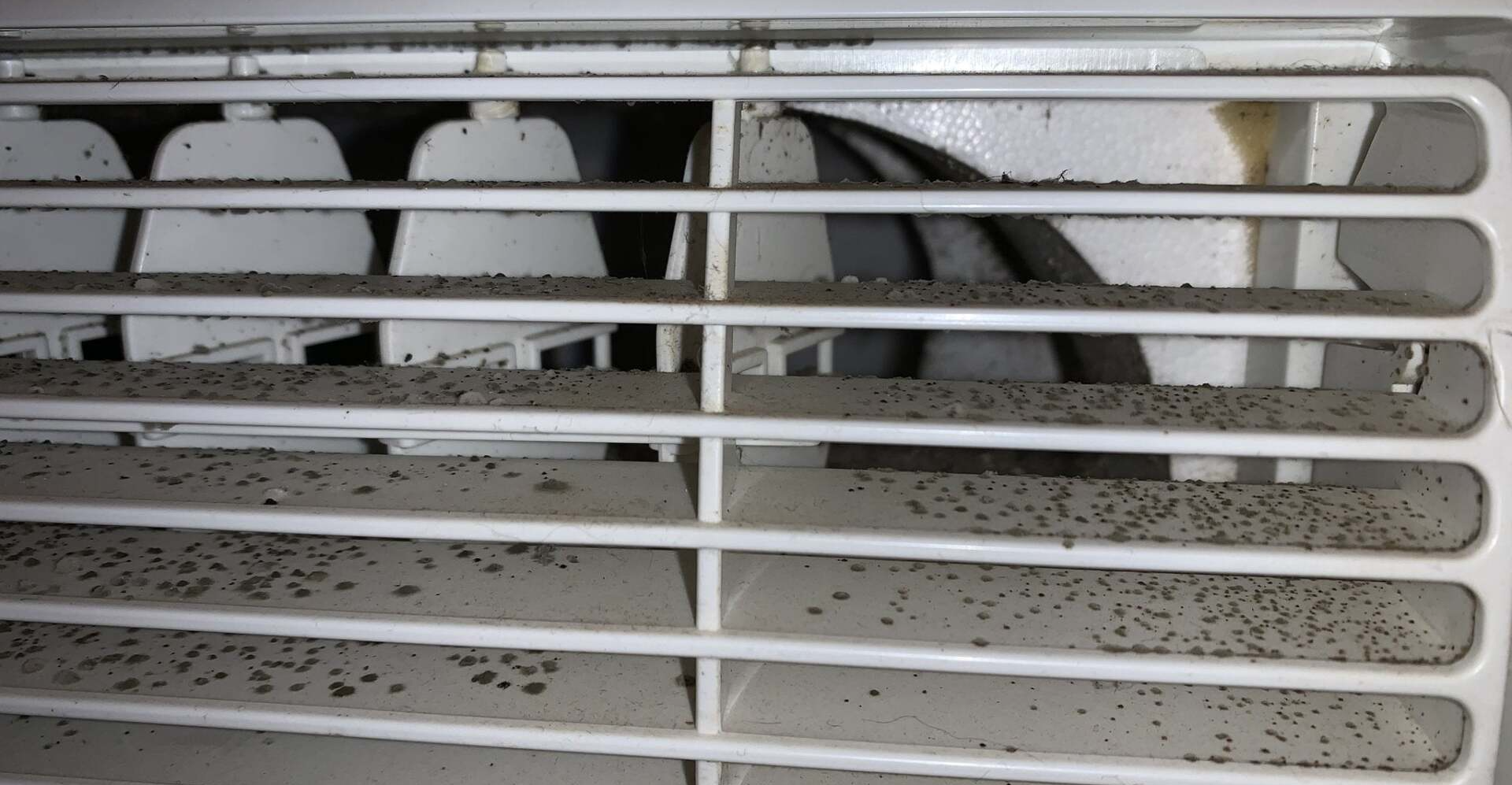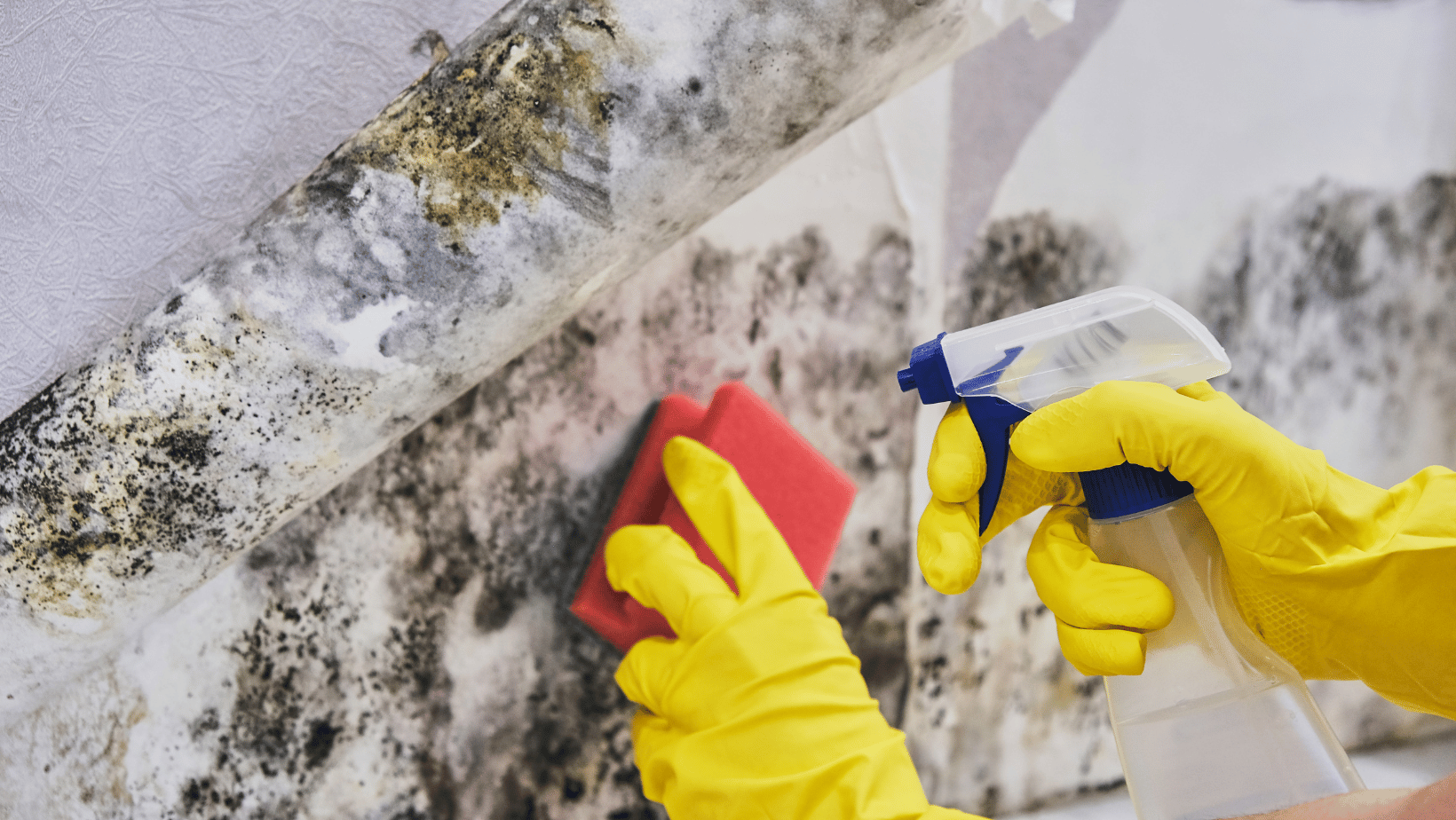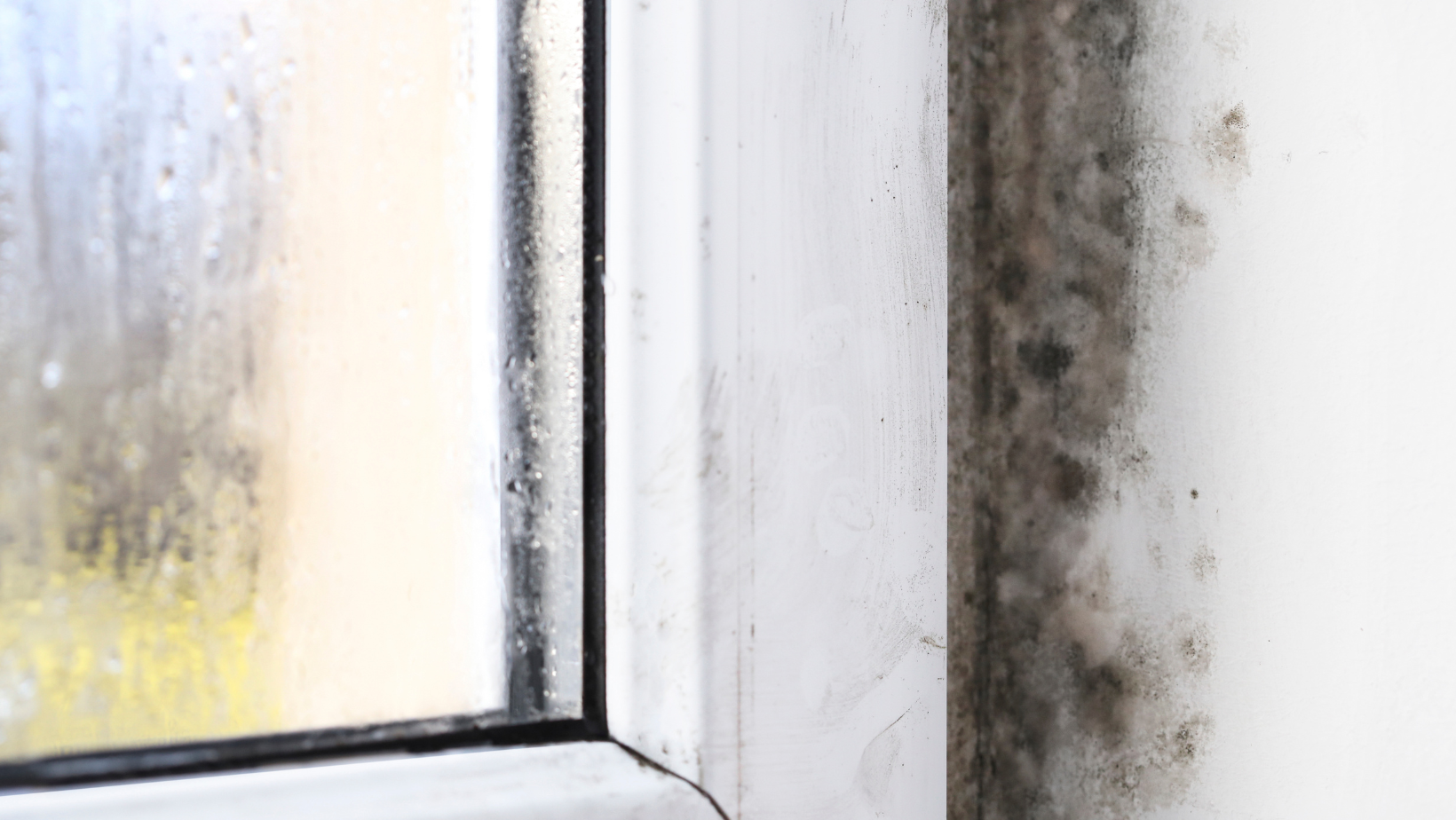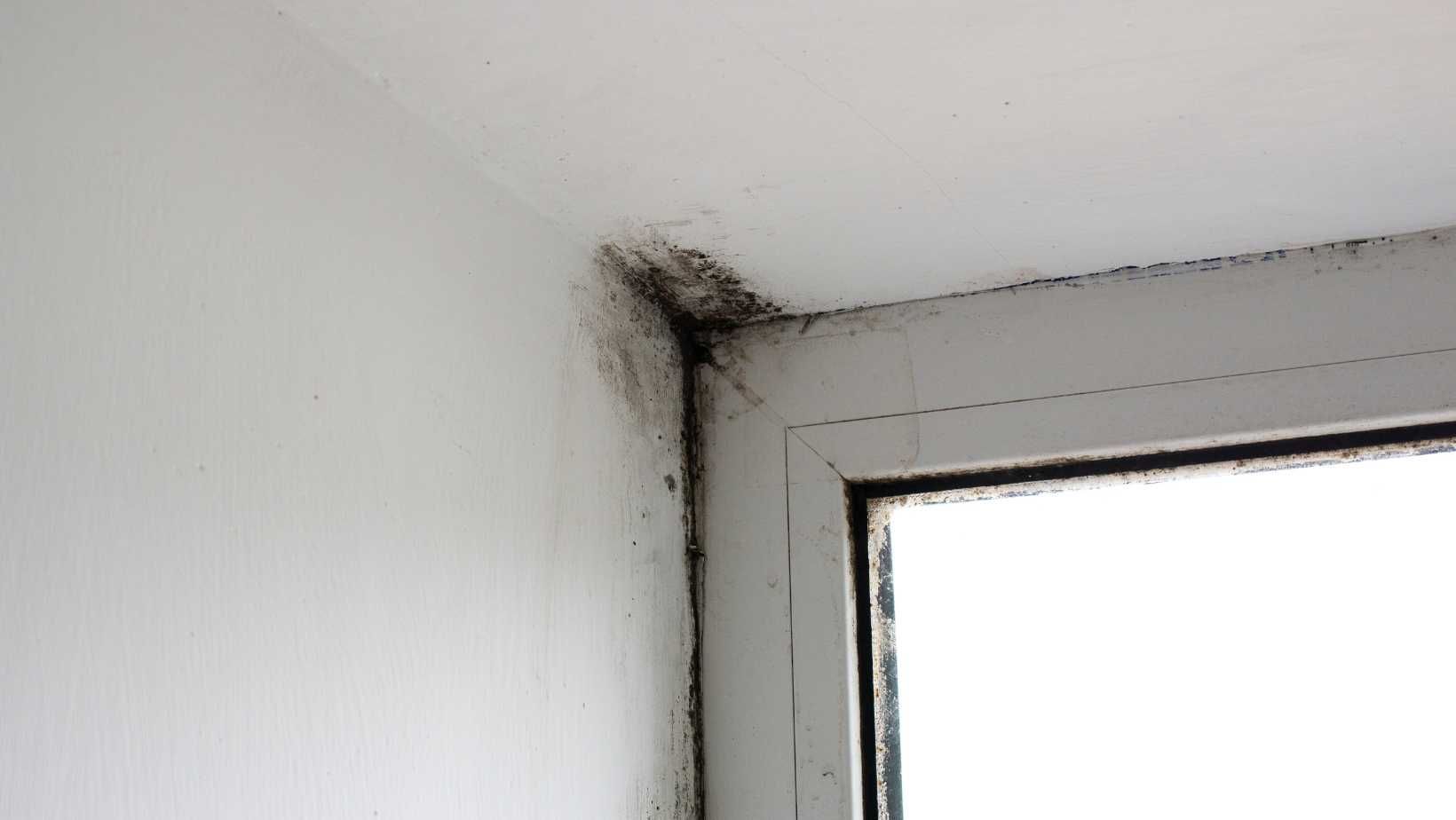Can mold grow in my HVAC system?
Can mold grow in my air conditioner or heater?

What does HVAC stand for?
Your Heating, Ventilation and Air Conditioning (HVAC) systems is what creates and moves hot and cold air throughout your home. The HVAC system can consist of many components but in most Louisiana homes includes the heating unit, (or furnace); the air conditioning unit; the ductwork; and the air handler which houses these components along with the blower fan and other special equipment. Other components or equipment within an HVAC system can include alternative heating fixtures, humidifiers, dehumidifiers, air exchangers or filtration or cleaning units.
Maintaining your HVAC system is crucial to maintaining comfort and safety in your home. Failing to change or use the correct filter for the air handler unit, allowing coolant levels to run low or failure to check for gas leaks or other problems can create some serious health issues or poor indoor air quality.
How to prevent mold in your HVAC system
- Maintain your humidifier if you have one – While not all HVAC systems include a humidifier, when installed they can help to make the home more comfortable in cooler months by adding moisture into the air and adding moisture to dry air in the winter. At DryMax, we rarely recommend the use of humidifiers. They are just not necessary in humid areas like Louisiana. But if you must use one, follow the manufacturer’s recommendations for indoor humidity levels based on the current outdoor temperatures or select a unit that monitors the outside temperature and makes this adjustment for you. It is vital that a humidifier is maintained annually and checked periodically for proper operation. If humidity levels in the home exceed where you have set them or if there is condensation forming on your windows, turn off the water to the unit immediately or call someone for immediate service. Many large scale mold problems in air handlers and ductwork are the results of a malfunctioning humidifier.
- Change your filters regularly – Set a filter change reminder – and follow it! A dirty HVAC system is much more likely to have mold growth than a clean, well maintained one. Keeping a high quality, allergen-type filter in your air handler keeps both the interior of the unit clean as well as all the air passing through the ductwork in the home. Most one inch filters need to be changed every three months while wider filters can be changed every six to twelve – but consult with your HVAC professional before changing to a different filter. More frequent filter changes won’t hurt, so, if you find your filter becomes dirty more rapidly, change it more frequently. There is little that improves indoor air quality better than a good furnace filter.
- Duct Cleaning – Most Louisiana homes should have their ducts cleaned every 2-3 years. If you have conditions that could create more dirt, dust and debris (pets, children, etc) – then consider having them cleaned yearly.
- The size of your HVAC system matters- Make sure you have the right-sized air conditioning unit. Undersized units may work tirelessly to achieve the desired temperatures in your home and lead to hot and cold spots as the system struggles to stay ahead. Oversized units cool the air too quickly and don’t operate for long enough cycles to pull enough moisture out of the air on humid days. We see this every week here at DryMax- and considering humidity is the number one cause of mold in Louisiana, having a correctly-sized HVAC system is mandatory.
To learn more about DryMax's mold inspection & remediation services in your area, call 337-446-2042 today!
You might also like
DryMax Mold Blogs




